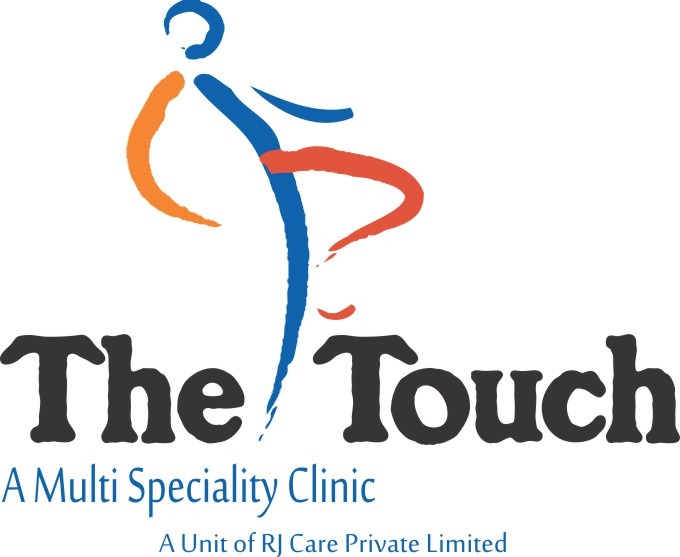From Concerns to Confidence: Expert Tips for High-Risk Pregnancy

Pregnancy is a remarkable journey, filled with excitement and anticipation. However, for some expectant mothers, the path can be more complex due to a high-risk pregnancy. A high-risk pregnancy may involve various factors, such as maternal age, medical conditions, or previous pregnancy complications, that necessitate extra care and attention. While it can be a challenging experience, with the right guidance and support, you can navigate it successfully. In this blog, we will explore expert tips to help you transition from concerns to confidence during a high-risk pregnancy.
Understanding High-Risk Pregnancy
A high-risk pregnancy is one in which the mother or baby, or both, face an increased risk of complications during pregnancy or childbirth. Common factors contributing to high-risk pregnancies include:
Maternal Age: Women under 18 and over 35 are considered at higher risk due to potential complications.
Medical Conditions: Pre-existing medical conditions like diabetes, hypertension, or heart disease can impact pregnancy.
Previous Pregnancy Complications: If you’ve experienced complications in previous pregnancies, it may increase the risk in subsequent pregnancies.
Multiple Pregnancies: Carrying twins, triplets, or more increases the risk for both the mother and babies.
Genetic Factors: Certain genetic factors or family history may contribute to a high-risk pregnancy.
Expert Tips for Navigating a High-Risk Pregnancy
Choose a Specialized Healthcare Provider: Seek out a healthcare provider who specializes in high-risk pregnancies. They have the knowledge and experience to provide tailored care.
Frequent Prenatal Check-ups: Regular prenatal visits are crucial for monitoring your health and the baby’s progress. Follow your healthcare provider’s recommendations for appointment frequency.
Manage Pre-existing Conditions: If you have a pre-existing medical condition, work closely with your healthcare provider to manage it effectively during pregnancy.
Maintain a Healthy Lifestyle: Focus on a balanced diet, regular exercise (as approved by your healthcare provider), and stress management to support your overall well-being.
Stay Informed: Educate yourself about your condition and its potential risks. Knowledge empowers you to make informed decisions and ask relevant questions during appointments.
Stay Hydrated and Rest Well: Proper hydration and adequate rest are essential for both you and your baby’s health. Listen to your body and prioritize self-care.
Connect with Supportive Communities: Join support groups or online communities for expectant mothers with high-risk pregnancies. Sharing experiences and tips can be comforting and informative.
Monitor Baby’s Movements: Pay attention to your baby’s movements. If you notice any changes or reduced activity, contact your healthcare provider immediately.
Plan for Specialized Care: Discuss birthing options and delivery plans with your healthcare provider well in advance. Some high-risk pregnancies may require specialized care or a specific birthing facility.
Build a Strong Support System: Lean on your partner, family, and friends for emotional support. They can provide encouragement and help ease any anxiety.
Conclusion
A high-risk pregnancy may present unique challenges, but with proper care, support, and a positive mindset, you can navigate this journey successfully. Remember, you are not alone; there are dedicated healthcare professionals and support communities ready to assist you every step of the way. By following these expert tips and embracing the care available to you, you can move from concerns to confidence during your high-risk pregnancy, ultimately welcoming a healthy and happy addition to your family.







